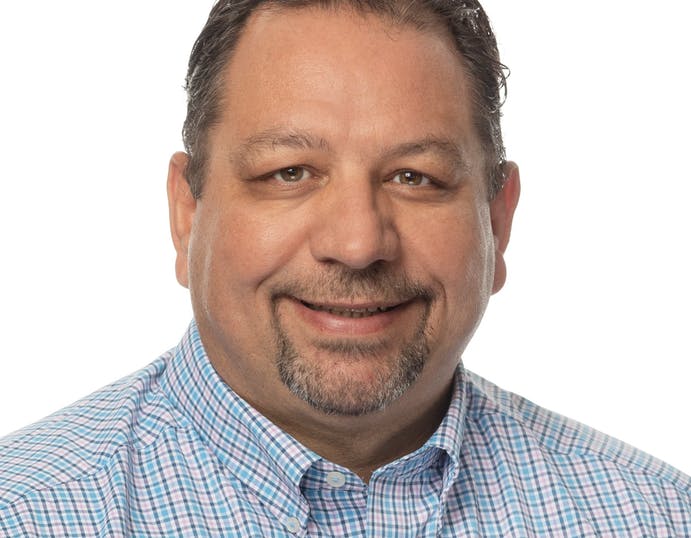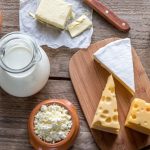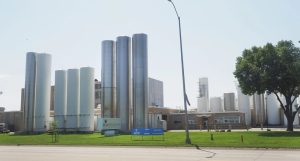
David Lenzmeier since 2011 has led the Eden Prairie-based company, which in August purchased Kay’s Processing in Clara City, Minn.
Growing up on a dairy farm near Pearl Lake in Minnesota, David Lenzmeier wondered what happened after the truck picked up the milk and drove away.
That question fueled Lenzmeier’s career in the dairy protein and nutritional ingredients industry. As chief executive of Eden Prairie-based Milk Specialties Global, Lenzmeier has a lot of answers about what happens after the milk truck leaves.
In this case, the 16 billion pounds of dairy equivalents that Milk Specialties buys each year from Wisconsin cheesemakers and other suppliers goes to processing plants in the Midwest and California and then on to more than 40 countries.
Lenzmeier launched and sold a protein ingredient company before joining Milk Specialties in 2008 to start its human nutrition division. He became CEO in 2011. He was Ernst & Young’s Young Entrepreneur of the Year in 2013 for the Upper Midwest.
When Lenzmeier joined the company, it had $80 million in revenue and three processing locations. Now revenue is “probably 10 times” more, and it has 11 plants and 1,000 employees, he said.
In August, Milk Specialties acquired Kay’s Processing facility in Clara City, Minn., and Kay’s consumer brand. It also recently entered the lactoferrin market, investing in a Wisconsin plant to produce an ingredient sought for infant formula among other applications based on research pointing to its “enhanced immune system support,” according to a company release.
“We’ve done an amazing job of executing, but I don’t think that we could have envisioned that protein demand would have gone to the level that it has,” Lenzmeier said.
Lenzmeier’s main focus is expanding production at most plants, which typically run full time.
Milk Specialties’ whey proteins, milk proteins and other ingredients go into such products as milk replacers for calves and health and wellness, performance nutrition and functional food products. The company packages many of those jugs of protein powder on shelves at GNC, Costco and Walmart, Lenzmeier said.
Lenzmeier, who has a degree in agribusiness and food science from the University of Wisconsin, River Falls, is on the executive board of the Hendrickson Foundation, which supports accessible hockey programs.
Milk Specialties’ management team and a private equity firm acquired the company in 2016.
Q: What do you gain with the Kay’s acquisition?
A: Kay’s is an extrusion facility at its heart. Everybody’s familiar with Rice Krispies or Cheerios; those are extruded grain products. A lot of our customers want those extruded ingredients with protein in them. It’s a new segment of the business to extrude protein into something like Rice Krispies that are 50 to 60% protein. They can put that into a protein bar and maybe make it more palatable or functional.
Q: What’s your strategy in making acquisitions?
A: We’ve made acquisitions but they’ve probably been more asset acquisitions or buying facilities that have the capabilities we’re looking for and then putting in our kit of equipment. We use a lot of membrane technology, effectively taking whey coming out of cheese vat at 12% protein and purifying that up to 80, 90% purity. Then it can go into a protein drink, a protein powder, a protein bar. We do it with milk, skim milk, as well.
Q: What’s a differentiator for Milk Specialties?
A: We try to do a lot of customized products. We keep very focused on driving the value in our ingredient side. We consider ourselves a brand partner. We need to be bringing innovation to the brands that we supply, to help them compete and grow.
























